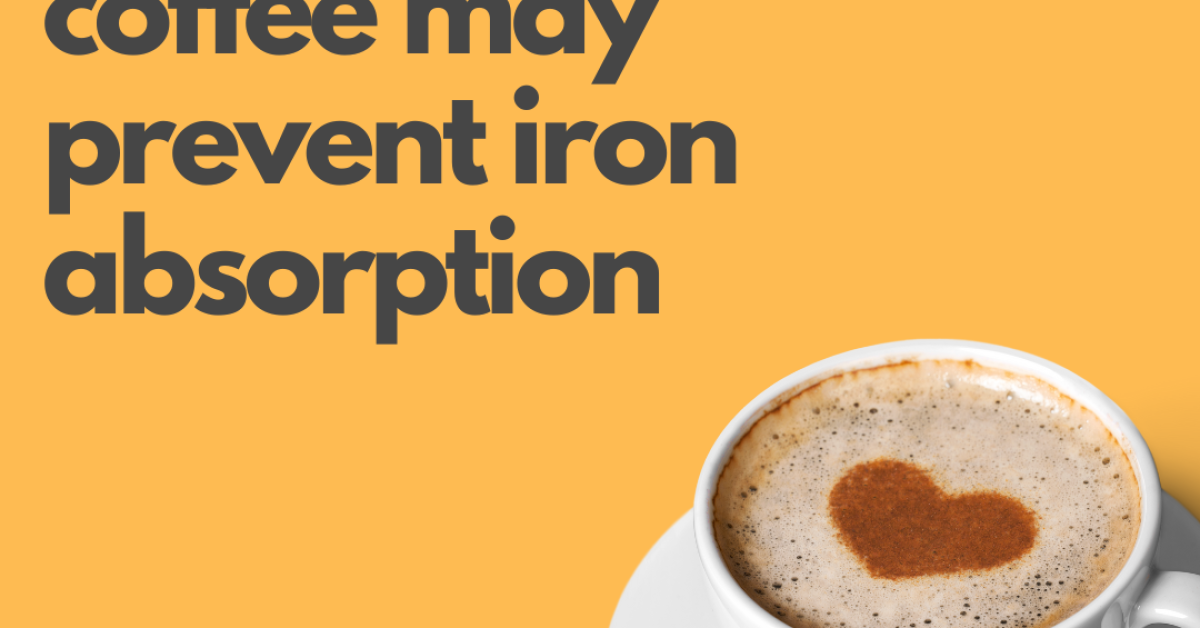Coffee contains tannins which can inhibit the absorption of iron from plant-based sources (non-heme iron) in foods. Consuming coffee along with a meal that is high in non-heme iron can reduce the amount of iron that is absorbed by the body. However, drinking coffee at a different time than when you’re consuming iron-rich foods or taking supplements, or choosing a form of iron that is not affected by tannins such as heme iron (found in animal-based foods) can reduce this effect.
What is preventing nutrition from absorbing in your body?
- Age: As we age, our bodies may not absorb nutrients as efficiently.
- Alcohol Consumption: Excessive alcohol consumption can damage the liver and affect nutrient absorption.
- Malnutrition: Being undernourished can also prevent the body from absorbing essential nutrients.
- Food-Nutrient Interactions: As I mentioned before, certain foods can interfere with the absorption of certain nutrients.
Iron supplements can cause constipation in some people because iron can be constipating. This can happen because iron can be hard to absorb, and the body may excrete any unabsorbed iron through the feces, which can dry out the stool and make it harder to pass. Additionally, iron supplements can cause stomach upset, which can also contribute to constipation.
Iron can also cause constipation by slowing down the movement of food and waste through the intestines. This is because iron can act as an irritant in the gastrointestinal tract, causing the muscles in the intestines to contract more slowly







